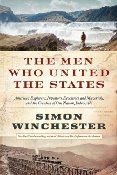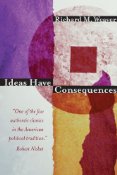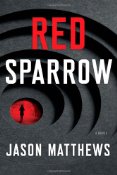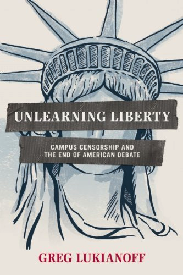Reviewed by Martin
Winchester’s latest book is organized around what could have easily been a contrived theme. Apparently the author recognized the danger he was in and so backed off, making it a rough organizing principle, rather than forcing the issue. Winchester’s wife is Japanese, presumably enamoring him at least to some extent with eastern culture. Perhaps that is the source of the book’s strange organizational framework - the five classical elements.
Unfortunately, Winchester's political comments and innuendos detracted immensely from what was, on the whole an interesting and well-written book. However, instead of finishing the book with a positive impression, this reviewer was left with a sour taste in his mouth.
Read the review »
Reviewed by Martin
No Better Time is the story of Akamai’s founder, Danny Lewin. It is at once fascinating and ultimately heartbreaking.
Akamai is a company that set out to solve the problem of World Wide Wait. Molly Knight Raskin’s book is the story of the man behind the algorithms that helped transform the internet ... and the story of the startup called Akamai.
Read the review »
Reviewed by Martin
This s a synopsis of the second chapter of Richard Weaver’s Ideas Have Consequences prefaced and intermingled with some thoughts from this reader. That’s the thing about a great book, it’s thought provoking. This is the third in a series of posts about this important book.
Read the review »
Reviewed by Martin
Red Sparrow is a new spy novel by Jason Matthews. It’s new and fresh in every sense. This is no cold-war spy story. It’s a “ripped from the headlines†spy story with Russia cast as the heavy, reset buttons be damned. Russia’s President Putin even figures in Matthews’ tale as a nasty, narcissistic throwback to his Soviet predecessors.
Read the review »
Reviewed by Martin
This is a continuation of a multi-part review of Richard Weaver's Ideas of Consequences. This book is too densely filled with ideas for a quick reading or review.
Read the review »
Reviewed by Martin
Thomas Crocker has written an important book. Braddock’s March is the story of how the defeat of a powerful army sowed the seeds of the American Revolution. It recounts the logistical nightmare of mounting a campaign across an ocean and deep into a dense and nearly impenetrable frontier.
Read the review »
Reviewed by Martin
My recommendation to anyone wanting to read this book is to skip the chapters on Kinsey and Dewey, and to read the other five. You won't be sorry if you do so, and you may be sorry if you don't.
Read the review »
Reviewed by Martin
Ideas Have Consequences is such dense book, that it would be impossible to review it in the normal mode. Indeed even treating each chapter as an entity unto itself may not be sufficient. And so, consider this a multi-part review.
Read the review »
Reviewed by Marcia
The IRS and Department of Justice scandals rocking the Obama administration make this a timely review. They demonstrate the consequences of Unlearning Liberty.
The author is a First Amendment lawyer and president of the Foundation for Individual Rights in Education (FIRE), an organization dedicated to defending free speech rights on college and university campuses. FIRE is politically ecumenical, encompassing conservatives, liberals and libertarian free speech warriors. It goes to war and to court to defend students’ and faculties’ First Amendment rights at institutions of higher education.
Read the review »
Reviewed by Martin
Logan Beirne has written a book that connects the past with the present. It is a historical review of how George Washington conducted himself during the American Revolution and set precedents which all subsequent Presidents have felt the weight of, whether or not they chose to be guided by them. Fortunately for the people of the United States, most Presidents since Washington’s time have seen fit to conform to the outline of the role shaped by the Father of our country - at least to some degree.
Read the review »









 The posts are coming!
The posts are coming!
